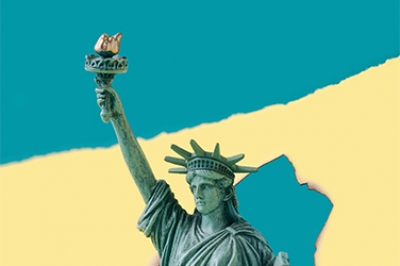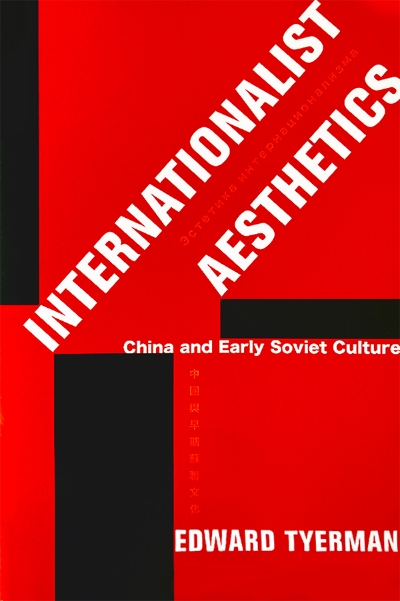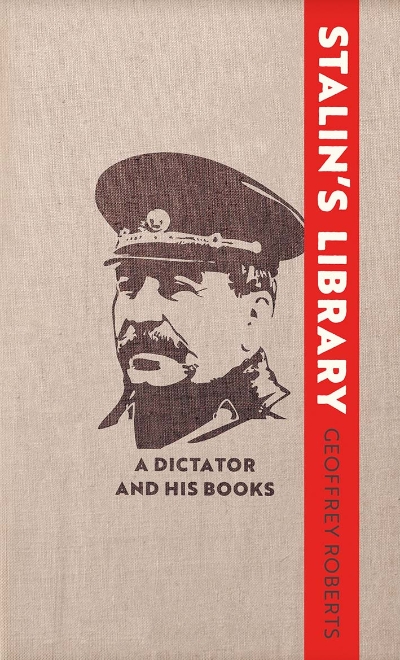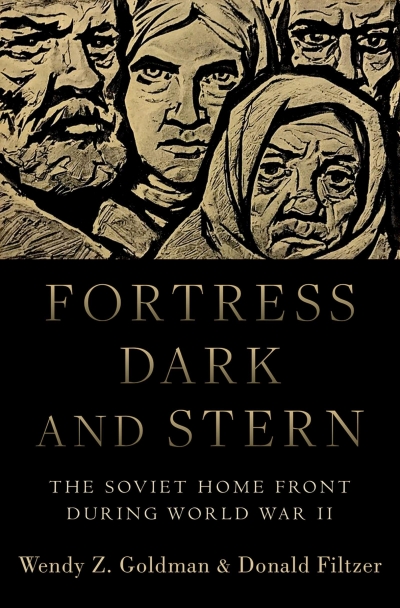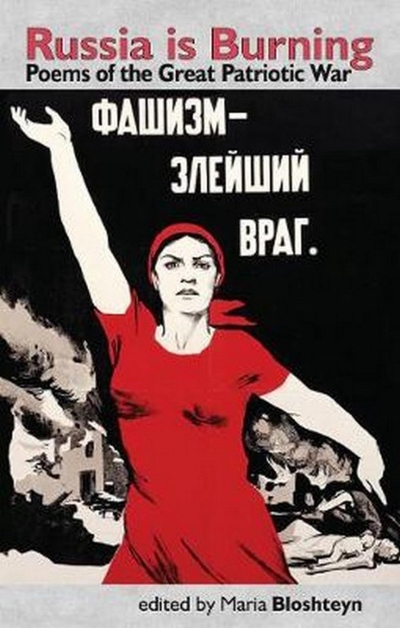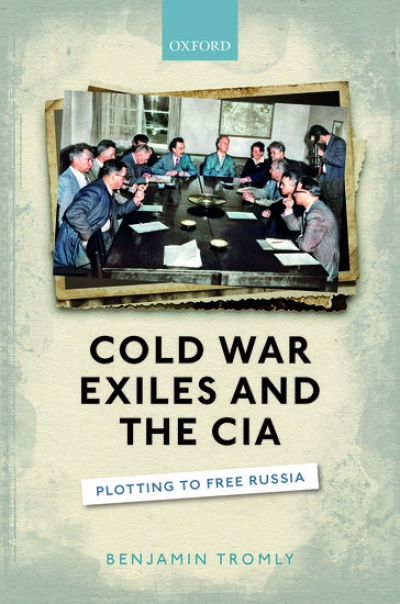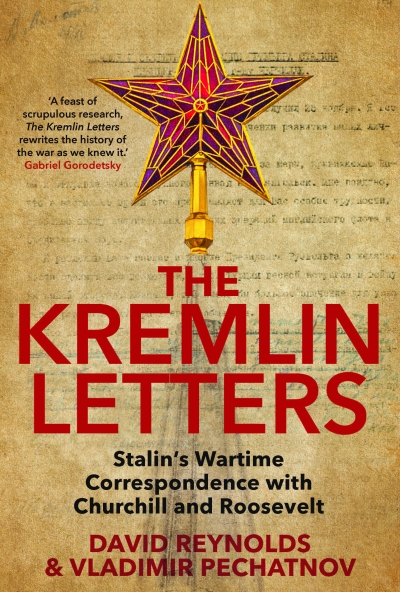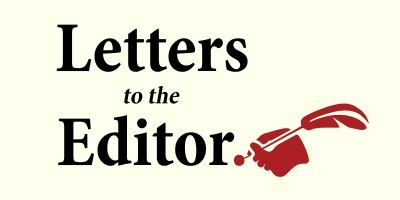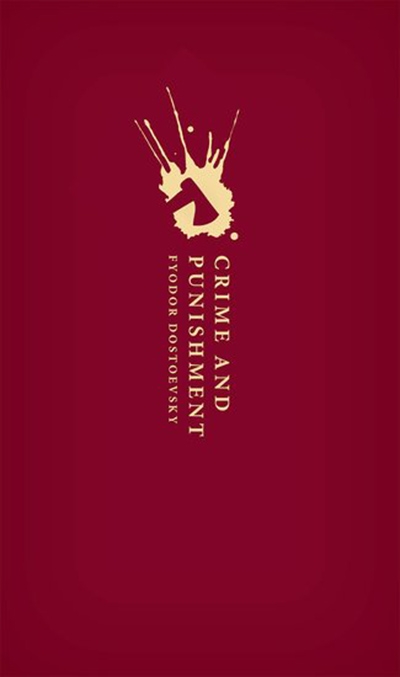Russia
Film | Theatre | Art | Opera | Music | Television | Festivals
Welcome to ABR Arts, home to some of Australia's best arts journalism. We review film, theatre, opera, music, television, art exhibitions – and more. To read ABR Arts articles in full, subscribe to ABR or take out an ABR Arts subscription. Both packages give full access to our arts reviews the moment they are published online and to our extensive arts archive.
Meanwhile, the ABR Arts e-newsletter, published every second Tuesday, will keep you up-to-date as to our recent arts reviews.
Recent reviews
Russia’s full-throttle invasion of Ukraine is so shocking because it is such a brazen assault on the post-1945 world order. Reminiscent of the age of empire, this is no border skirmish but an attempt to extinguish and cannibalise an independent neighbouring country.
... (read more)Internationalist Aesthetics: China and early Soviet culture by Edward Tyerman
Fortress Dark and Stern: The Soviet home front during World War II by Wendy Z. Goldman and Donald Filtzer
Russia Is Burning: Poems of the Great Patriotic War edited by Maria Bloshteyn
Cold War Exiles and the CIA: Plotting to free Russia by Benjamin Tromly
The Kremlin Letters: Stalin’s wartime correspondence with Churchill and Roosevelt edited by David Reynolds and Vladimir Pechatnov
Letters to the Editor: Tony Kevin from Gordon writes on Jeff Sparrow's Trigger Warnings; John Lowe from Ormond on D. H. Lawrence; and some comments on Behrouz Boochani and his poem 'Flight from Manus' ...
... (read more)
